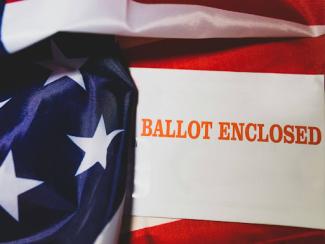
Here’s the breakdown of how we got here: In 2022, Louisiana, which is one-third Black, redrew its census-based congressional map with just one majority-Black district. Black voters took this to federal court, citing Section 2 of the Voting Rights Act of 1965. Louisiana redrew again in 2024 to increase Black representation. Then, a group of self-identified “non-African American voters” objected. Now, it’s at the Supreme Court: Louisiana v. Callais. And if SCOTUS guts the Act, that has a nationwide impact: 56% of Black Americans live in the South.
Our historic voting protections have been targeted over time: SCOTUS weakened Section 2 in 2021, making it more difficult to prove discrimination. In 2013, they dismantled Section 5’s preclearance, which requires jurisdictions known for racial voting discrimination to get federal approval before changing voting laws and practices. Immediately after the ruling, 1,688 polling places closed, reducing accessibility. Voter ID laws became stricter. Filing federal lawsuits became more difficult. And today, Trump’s Justice Department is withdrawing from voting discrimination cases.
What could the future be now? According to the New York Times, we could shift from Democrats holding 24 seats in Southern states to Republicans gaining 12, eliminating most Democratic districts with high Black populations. Black voting power would shrink and shrink.
What's being done? Some states, like Maryland, Alabama, and Illinois, are enacting state versions of federal protections.
But from this news to attacks on DEI, affirmative action, and birthright citizenship, the state has consistently framed reforms addressing systemic anti-Black violence as tools of “white genocide” and “replacement.” This rampant belief that we infringe on white Americans’ rights by advocating for our own unveils the illegitimacy foundational to U.S. law. How must we strengthen our collective power outside of Election Day?